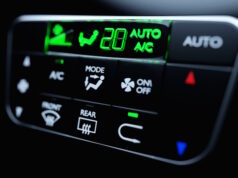
If you get a letter from your employer about needing your W-2 information, it’s probably a scam according to the latest IRS Warning. They’ve seen case of ID thieves targeting HR and employees impersonating company biggies asking for their W-2 information back to “check it out”.
The IRS say the info can be used by Tax Refund I-D Scammers to file a phony tax return in your name, and scam the IRS out of any refunds you may be expecting. Making matters worse, once the bogus return has been filed, YOU have to prove to the IRS it’s phony BEFORE they’ll accept your legitimate return.
In some cases, taxpayers have had to wait several years to get it all worked out, and get their hard earned money back.
“This is a new twist on an old scheme using the cover of the tax season and W-2 filings to try tricking people into sharing personal data. Now the criminals are focusing their schemes on company payroll departments,” said IRS Commissioner John Koskinen. “If your CEO appears to be emailing you for a list of company employees, check it out before you respond. Everyone has a responsibility to remain diligent about confirming the identity of people requesting personal information about employees.”
I’ll have a national blog at RTDNA.org about this later in the week.
By Al Sunshine, SouthFloridaReporter.com, Consumer Investigator, Mar. 8, 2016
[/vc_message]











